Media
NMPA Honors Garth Brooks, Reports Over $3.7 Billion in 2019 Revenue
Even with Garth Brooks as the honoree, the National Music Publishers Association’s annual meeting wasn’t the splashy presentation-then-dinner-and-drinks confab that the industry has grown accustomed to — but in 2020, what is? Led by president and CEO David Israelite, the organization powered through its first-ever virtual annual meeting, with interviews with songwriter Ross Golan, RIAA chief Mitch Glazier, Nielsen’s David Bakula, Mechanical Licensing Collective CEO Kris Ahrend, Peloton’s Emma Lovewell and Gwen Riley before concluding with Brooks.
Most interesting to the industry, Israelite revealed new data and insights from the past year, although he noted that the impact of coronavirus will be felt in next year’s results. Publishing industry revenue from 2019 was $3,719,796,271, representing an 11.55% growth rate from 2018 to 2019. Breaking that revenue down, performance continued to be the most dominant category with 52.30%, followed by sync with 22.69%, mechanical with 18.53% and miscellaneous with the remaining 6.48%. He noted that 2019 was the fifth consecutive year of significant growth, and that sync and mechanical revenue grew faster than performance, primarily because streaming continues to grow at a fast pace and more and more of that revenue is being categorized as mechanical because of recent successes at the Copyright Royalty Board and how it is divided.
The meeting itself started off in electrifying fashion with Israelite and Glazier discussing the need for reform in the wake of the recent U.S. Copyright Office’s report on Section 512 of the Digital Millennium Copyright Act — and yes we’re making a joke there, but the issue itself most certainly is not: “The services that should be responsible parts of the ecosystem, who can voluntarily come in and protect music, have refused so far to do so in a way that really protects creators — songwriters and artists,” said Glazier, who also spoke of the devastating impact the coronavirus pandemic has had on the live-music industry as well as efforts to refine AB-5 in California to safeguard musicians.
Songwriter-producer Golan pointed to one of the few silver linings that songwriters have found from working in quarantine: “There’s an efficiency to writing online that I think songwriters are starting to find,” he said. “So even if in the beginning they may have been reluctant to do sessions via Zoom and otherwise, I find that songwriters are starting to not only embrace it, but they’ve succeeded at it. You know a song like ‘Stuck With You’ with Justin Bieber and Ariana was recorded and released within eight days. So there’s an efficiency from the inception of a song, the mixing, mastering of a song, and the release of a song.”
Bakula, who is Nielsen Music’s SVP of Analytics, Insights and Research, said that the pandemic and subsequent quarantine have music consumption, noting that music subscriptions are up and that family-friendly genres like country, children’s and classical have beent he top performers during quarantine.
Brooks wrapped up accepting his Icon award via a pre-taped acceptance speech that managed to pack in a bit of music, too, as he picked up a guitar to perform excerpts from James Taylor’s “Fire and Rain” and a hit of his own he said was influenced by it, “The River.”
“Thank you for being so sweet to think about somebody in country music — I love this format,” Brooks said. “And I love what you guys are doing to fight for every songwriter up in DC, including myself. … You stand up for songwriters, and 99.9% of us can’t stand up for ourselves. We’re the seed, we’re the fragile, but we need to be the most protected, or there is no plant. You guys get that. Thanks for fighting the fight.” Brooks said he was accepting in the name of his longtime manager Bob Doyle, whom he described as a particular friend to the NMPA, and “who I think loves music and loves songwriters more than anybody else who’s watching this or playing here tonight.”
